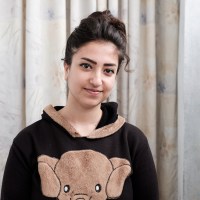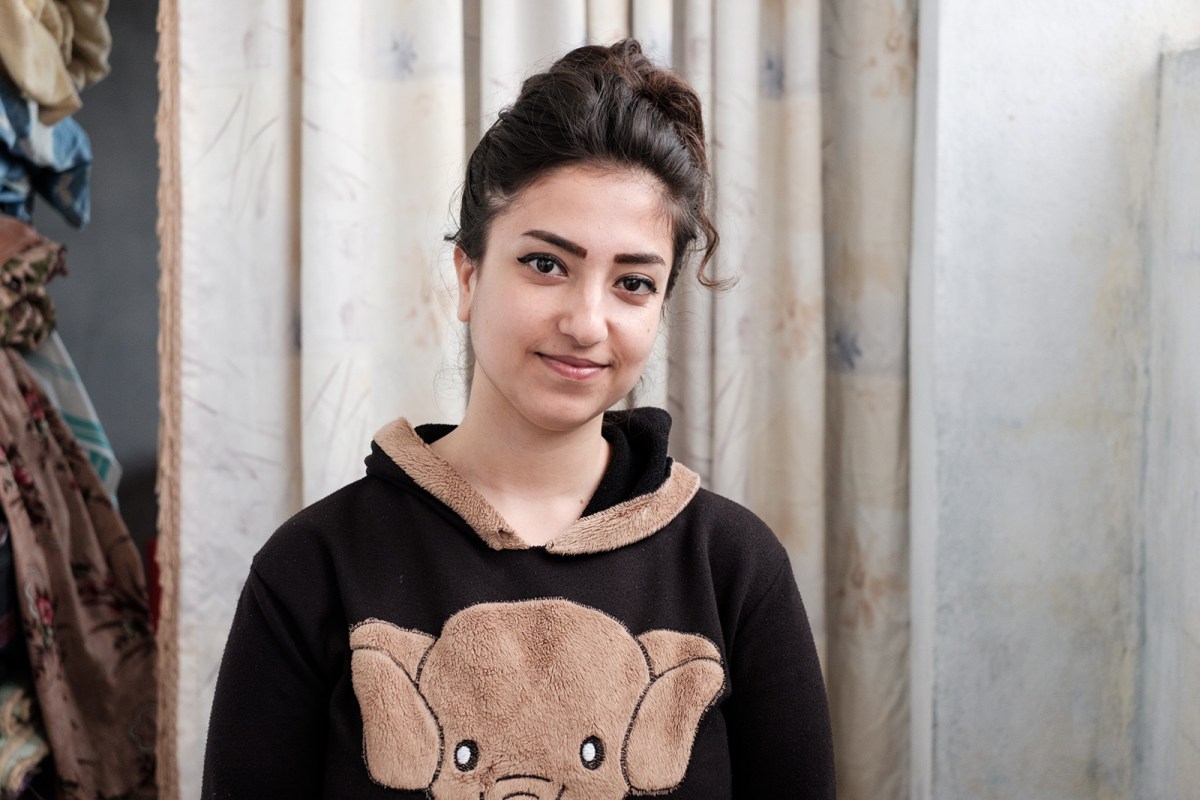When we visit 22-year-old Beyda in the refugee camp, it is a perfect day, with endless stretches of bright green grass rippling against clear blue skies.
Spring in northern Iraq is nothing short of miraculous—and nothing like what you’d expect. For a few short weeks a year, the golds and browns of the landscape turn gloriously emerald: a color you’d associate with Ireland or Iowa, not Iraq.
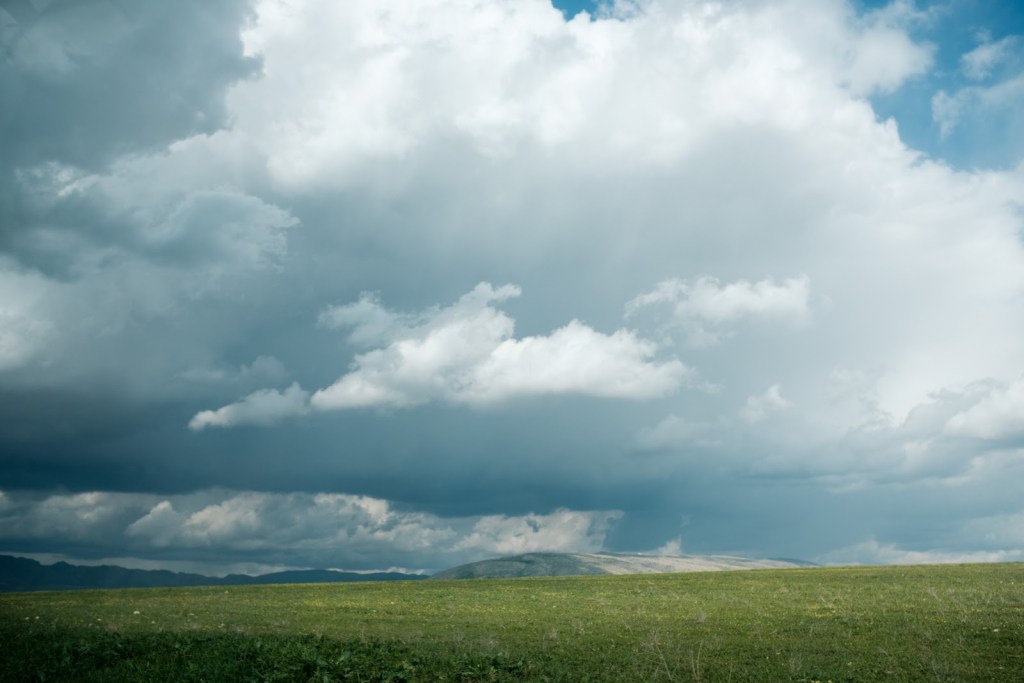
Yet as we enter the remote camp where Beyda and 10,000 other refugees live, we’re acutely aware of how long it took us to get here.
The nearest town is 10 long miles away. The only way in or out is by vehicle along a long, rutted track… for those lucky enough to have access to a car.
Opportunities to find work and make a living are incredibly limited here—especially for women, who don’t share the freedom of choice and movement that men have in this region.
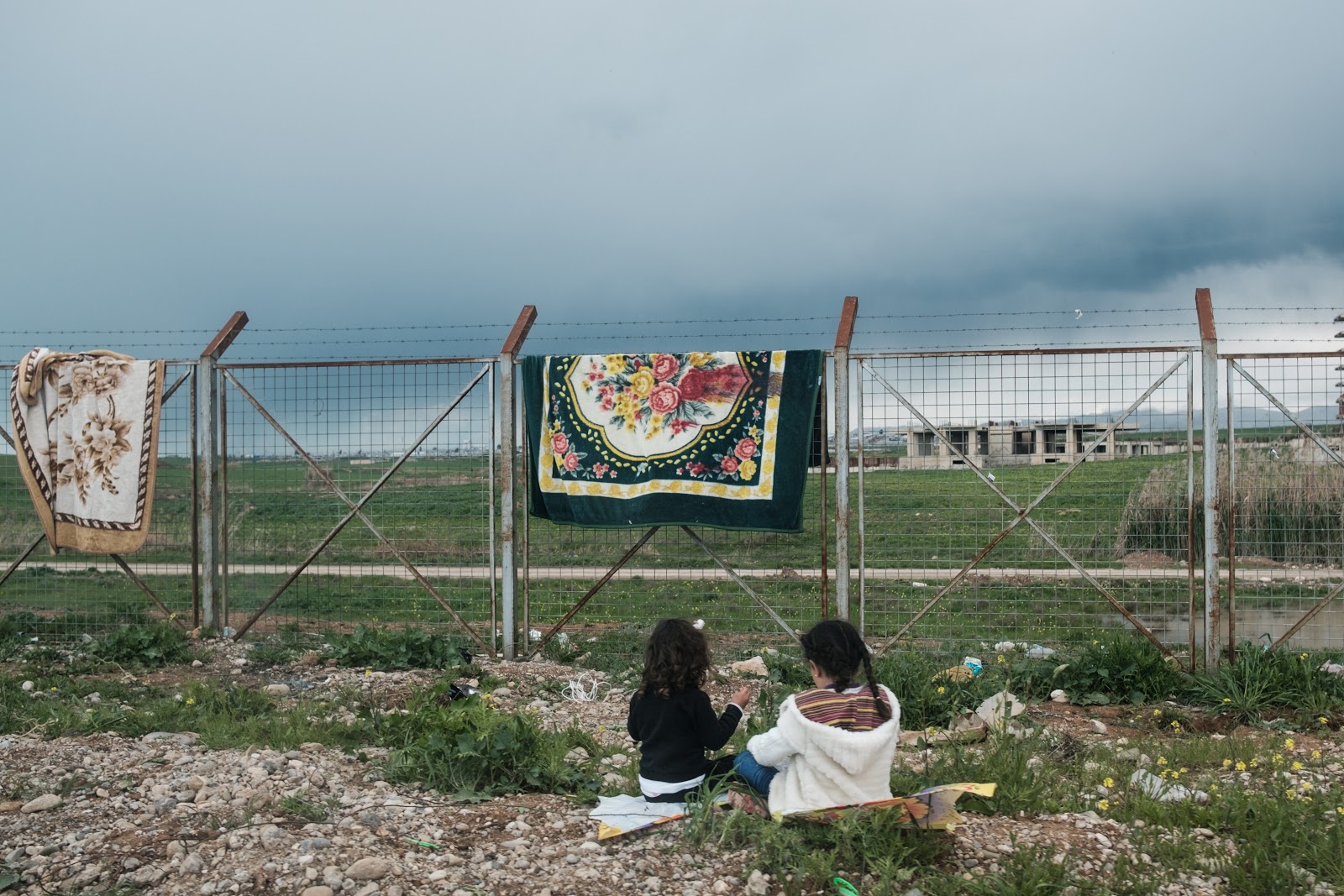
When lives are torn apart by war, starting again feels like moving mountains. For women and girls, those mountains are higher, and more perilous.
For Beyda, life in the refugee camp is vastly different to the one she enjoyed in Syria. She came to this camp four years ago because civil war laid waste to her home.
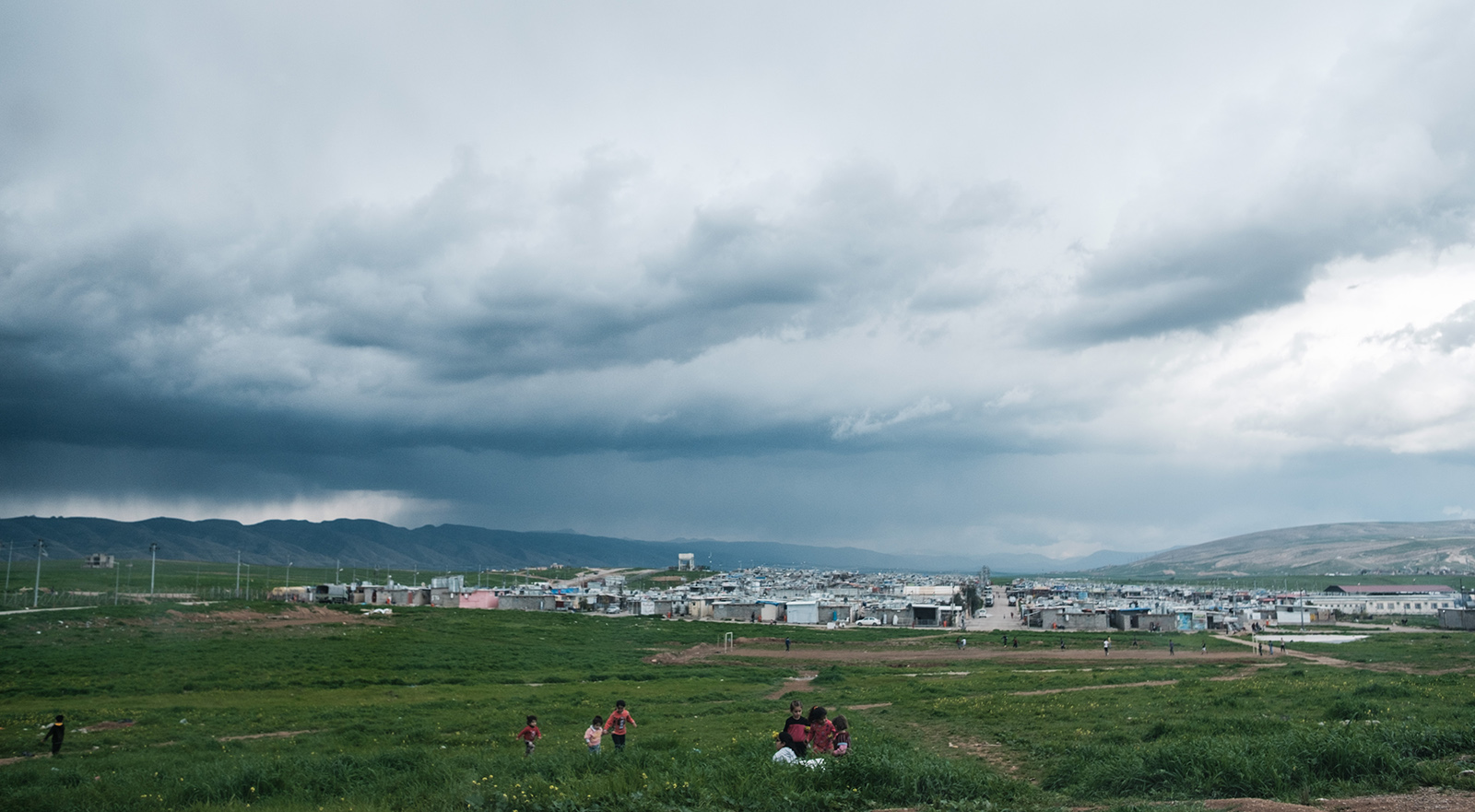
“Life was good then,” she said frequently during the course of our conversation.
Beyda was on the cusp of finishing school when her family had to flee. She was a star student, always top of her classes, popular with her schoolmates. Her future was filled with promises of success.
All that was lost when her family fled Syria, leaving their home, community, and eventually their country, to stay alive.
Starting again after war feels like moving mountains. For women and girls, those mountains are higher, and more perilous.
Yet Beyda speaks eloquently about difficult things, and without wavering, meeting our eyes with her steady gaze. She exudes confidence: sure of who she is, clear about what she thinks.
Violence and displacement have robbed her of almost everything, but it has not dimmed her spirit, or her resolve.
Given the slightest chance to define her own life, she would make something amazing of it.
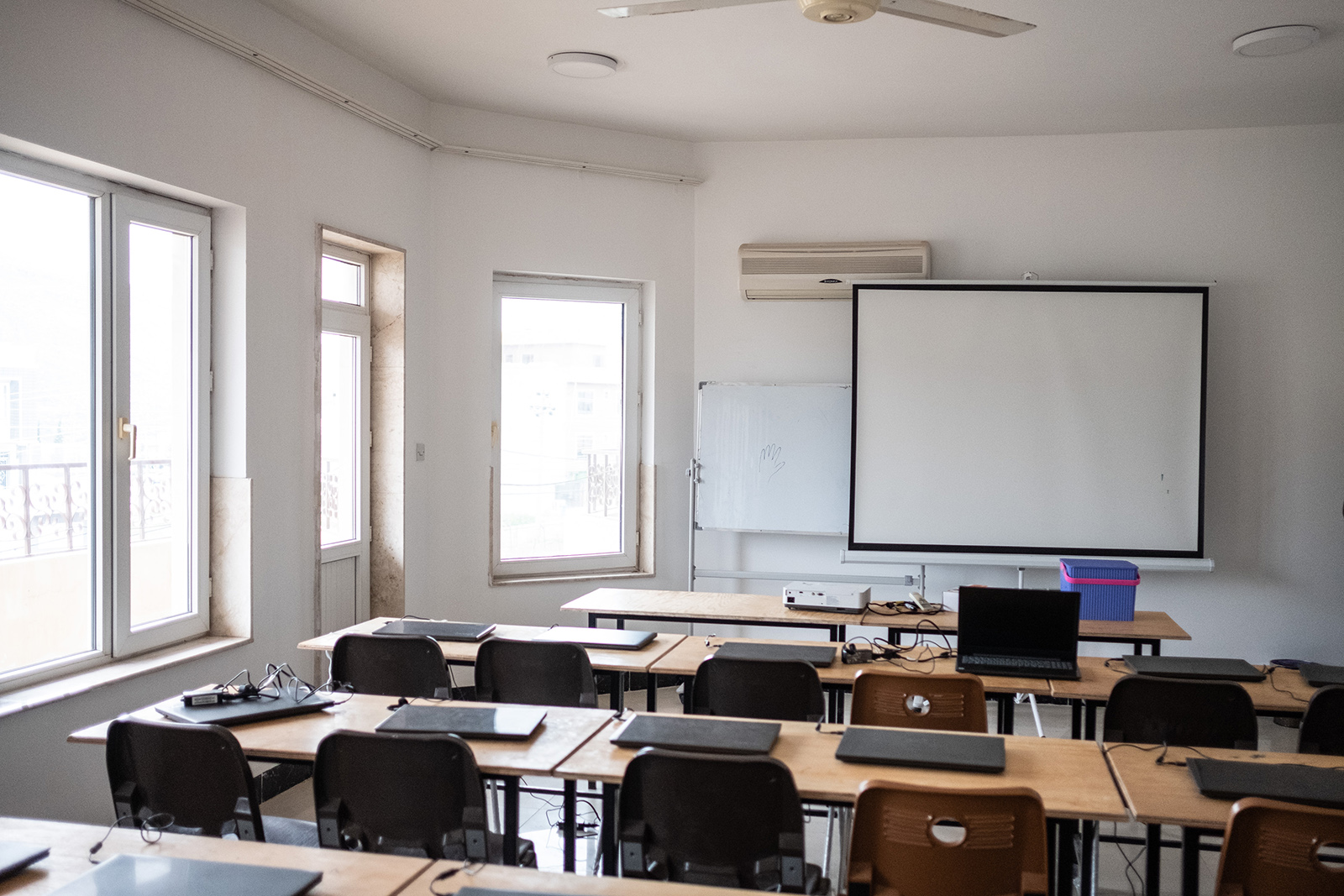
When lives are torn apart by war, young people suffer the most. Often taken out of school for years, or even permanently, a lack of education leaves them far behind the rest of the world, without a foundation to build a better life upon.
Knowledge is power, and education is where that power begins.
Millions of young people in the Middle East have had their lives torn apart by war. But after battlefronts quiet down, and governments declare enemies vanquished, ordinary people face the devastating process of rebuilding their lives with nothing.
Given the slightest chance to define her own life, Beyda would make something amazing of it.
For young people, life after conflict presents impossible choices: heartbreaking poverty or more war. For refugees and the internally displaced, vying for extremely limited work opportunities camps mean that families go hungry, or rack up enormous debt for food and shelter. Many camps are located far away from towns and cities where jobs are.
Ironically, those who need these jobs the most, are the ones who cannot afford to get to them. Many are trapped in these desperate, no-win situations. Terror groups recruit in circumstances like these – given a choice between starvation and picking up a gun to make sure their families are fed, many choose the gun to spare their families deprivation. In a country that has seen decades of conflict, being part of a militia—regardless of “side”—is the best way to earn an income.
The only way to break these cycles of violence is to give young people better choices.
You can do that.
Give young people like Beyda skills and access to a new way to earn an income from anywhere, with a smartphone and a cell signal. Last year, more than a thousand students graduated from our tech education program, harnessing the power of the internet to find work as coders, entrepreneurs, and freelancers with people and businesses around the world.
Beyda hopes for a chance to remake her life as others like her have. With skills in English and technology, Beyda can find work in the digital economy. Her future is full of infinite possibilities.

